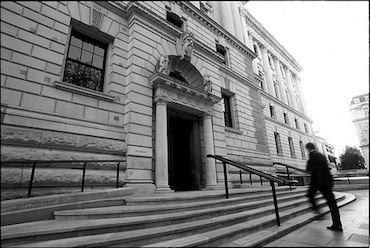
The UK Government has rejected calls for a review of the impact of pensions tax relief.
The Government has responded to a report from the Public Affairs Committee around the management of tax reliefs, disagreeing with a recommendation for HMRC to evaluate the impact of pension tax relief.
The committee had been concerned that HMRC did not fully understand the impact of reliefs on pensions. However, the Treasury said the Government has already undertaken several consultations on aspects of pensions tax relief in recent years. It also said the Government is working towards improving the information it publishes on pension tax relief.
By rejecting the call for a review, the Government has added further fuel to the speculation that it will consider cutting back pension tax relief as a way to get UK finances back on target in 2021.
Steven Cameron, pensions director at Aegon said: “There is some ambiguity over the Government rejecting the Public Affairs Committee recommendation to review the impact of pensions tax relief on savings behaviours. In its response, the Government says it ‘does not think it is the right time now for a formal evaluation’. However, this can be interpreted in different ways with some reading this as ruling out changes to pensions tax relief at this time. But another perhaps more likely interpretation is the Government is simply ruling out a formal review of the impact of pension tax relief on savings behaviours, which doesn’t rule out changing pension tax relief rules.
“There is intense speculation that in a future Budget, now deferred until Spring 2021, the Chancellor may consider reducing the generosity of pensions tax relief as one way of getting the nation’s finances back on track as we recover from the Covid-19 pandemic. One possibility is to cut incentives for higher rate taxpayers who currently get relief on contributions at 40%, possibly replacing this with less generous 20% relief, which is what basic rate taxpayers receive. Any change of this nature would be very complex to implement and would also be likely to change savings behaviours, making pension savings less attractive to some higher rate taxpayers.
“Those saving in pensions are doing so for the long term, to make themselves more self-sufficient in retirement, with less need to fall back on means tested state benefits. It’s important that they understand what tax incentives they will receive to encourage such savings. It would be particularly helpful for the Government to remove any ambiguity and clarify precisely what its plans are in this area.”

